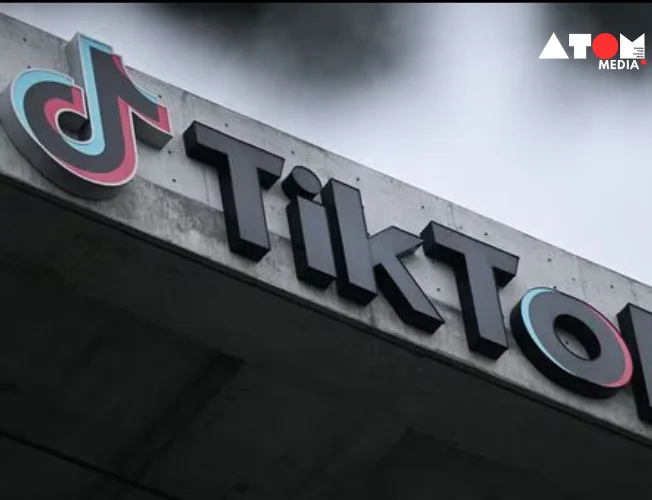US Bill for TikTok Ban: The United States House of Representatives voted 360 to 58 in favor of the revised divest-or-ban legislation concerning TikTok on April 20. The bill is now scheduled for consideration in the US Senate. If passed and signed by President Joe Biden, this bill could become the first instance of the US government enacting a law to shut down an entire social media platform.
The Legislative Process
The United States House of Representatives made a significant move by passing a bill aimed at either forcing TikTok to divest from its Chinese parent company ByteDance or facing a nationwide ban in the country. The bill, passed with a decisive 360 to 58 vote, signifies a major step in the legislative process. It now awaits scrutiny and a vote in the US Senate, followed by potential approval by President Joe Biden. If enacted, this legislation could set a precedent in US history as the first law to shut down an entire social media platform.
Protecting Americans from Threats
The bill’s author, Michael McCaul, a Republican representative from Texas, emphasized the importance of safeguarding American interests, especially in light of the perceived risks associated with Chinese influence. McCaul asserted that the bill is designed to shield Americans, particularly children, from what he described as the “malign influence of Chinese propaganda” on TikTok. He referred to the app as a potential conduit for espionage, echoing concerns that have been raised by US lawmakers and officials regarding the platform’s ties to China.
Senate Review and Presidential Approval
With the bill now passed by the House of Representatives, it moves on to the US Senate for further review and consideration. If the Senate approves the bill and it receives the green light from President Joe Biden, it will become law, thereby potentially leading to the banishment of TikTok from the American digital landscape. The upcoming week is expected to witness deliberations and a vote in the Senate, with President Biden having previously expressed his willingness to sign the legislation should it reach his desk.
Extension of Divestment Period
An important aspect of the revised legislation involves an extension of the divestment period for TikTok’s parent company ByteDance. Originally set at six months, this period has now been prolonged to a year. This adjustment is deemed necessary to facilitate potential negotiations and arrangements between ByteDance and prospective buyers. Senator Maria Cantwell, Chair of the Senate Commerce Committee, endorsed this extension, emphasizing its importance in ensuring sufficient time for the completion of any divestment deals.
TikTok’s US Legal Executive Likely Facing Axe
Amidst the legislative developments concerning TikTok, reports have emerged suggesting the imminent departure of a key executive responsible for addressing US government concerns regarding the platform’s Chinese connections. Erich Andersen, the US-based general counsel for TikTok and ByteDance, has reportedly been engaged in discussions with US authorities to address data privacy and national security concerns. However, with the passage of the bill in the House of Representatives, TikTok is reportedly making preparations for Andersen to step down from his current role.
Critics Voice Concerns Over Data Privacy
Critics of TikTok have long raised concerns regarding the platform’s data privacy practices and its potential susceptibility to influence from the Chinese government. These apprehensions have been a focal point of legislative discussions surrounding TikTok, culminating in the passage of the bill by the US House of Representatives. TikTok, however, has vehemently denied these allegations, asserting its commitment to user privacy and independence from external influences.
TikTok’s Denial and Industry Responses
In response to the bill’s passage, TikTok expressed disappointment, highlighting its substantial economic contribution to the United States and condemning the perceived infringement on free speech rights. The company emphasized its status as an independent platform and rebuffed claims of undue influence from China. Additionally, industry figures, including Meredith Whittaker, president of encrypted messaging service Signal, voiced concerns over the potential implications of the bill on data privacy and surveillance powers.
Read more: Marketing News, Advertising News, PR and Finance News, Digital News





